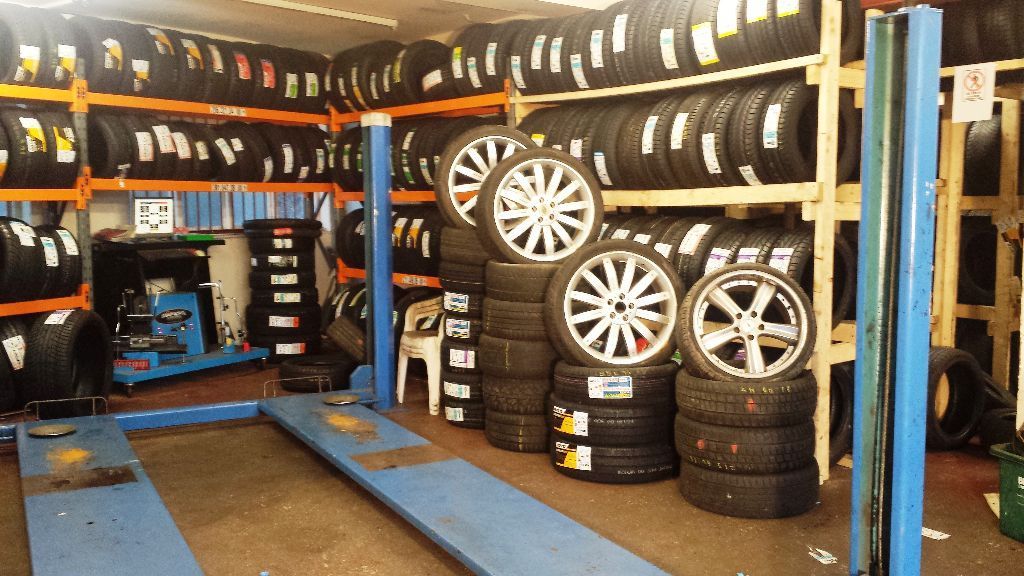You’d be forgiven for thinking that the subject of tyre safety is one that every motorist up and down the UK approaches with the same sense of seriousness. Quite to the contrary however, it is actually considerably more common for motorists in general to completely ignore their tyres and tyre health in general until such time as they are forced to call for mobile tyre fitting in Berkshire. Of course in the majority of instances this represents nothing more than an inconvenience, but when and where tyre failure occurs during rather more dangerous circumstances, the consequences can indeed be dire.
What never fails to anger and irritate tyre safety experts is the way in which there is technically no excuse for about 99% of all tyre-related accidents as they could have been prevented with simple common sense and proactivity. Nevertheless, motorists across the country continue to roll the dice with fate and essentially act as if their cars do not even have tyres until they find themselves knee deep in trouble.
For those who would prefer to stay not only safe but on the good side of the law, here is a quick look at just a few of the most crucial rules of all when it comes to purchasing and maintaining tyres:
1 – Buy Wisely
First and foremost, there is a reason why certain tyres on the market can be picked up for next to nothing, while others cost considerably more. Not that this means you have to shell out a small fortune simply to benefit from safe tyres, but at the same time if you shop only for bargain-basement tyres which are clearly on their last legs in the first place, you cannot expect them to do the same kind of job as a brand new wood premium tyre. There are brands, businesses and fitting services with exceptional reputations for quality, safety and value for money, so why buy elsewhere?
2 – Safe Habits
In terms of what’s the average motorist can do to look after themselves and all road users in relation to tyre safety, the key lies in getting yourself into as many good habits as possible in the first place. For example, it’s no secret that most drivers pay a little to no mind whatsoever to things like tyre pressure and tread depth until both end up in rather critical situations. There are so many cheap devices on the market today which allow for both depth and pressure checks to be carried out in a matter of seconds, so there really is no excuse not to do as such. And of course, when and where the slightest of problems is detected, it is of crucial importance to have them addressed by the professionals.
3 – Check While Cold
Another hugely important rule which many motorists may not be aware of is that of only ever checking tyre pressures when the tyres are cold. The reason being that the friction caused while a vehicle is in motion leads to generating heat which can in turn increase the pressure of the air within the tyre.As such, if you were to check pressures and make corrections at a time when the tyres were hot, just as soon as they cool down to a more ambient temperature they may be dangerously under-inflated.
4 – Don’t Mix Tyres
It’s the kind of mistake millions make and the vast majority who do so have absolutely no idea they are doing anything wrong. Nevertheless, experts routinely advise against mixing tyres – different types, different brands – for the simple reason that all tyres are produced to slightly different quality and performance standards. Or to put it another way, if you had four seemingly similar tyres on your car which came from different brands and were created with different levels of performance in mind, you may find yourself in a situation where each of the tyres begins to show wear and tear at a different time, resulting in potentially dangerous imbalance.
5 – Instant Repair Products
Last but not least, the market these days may be packed with all manner of affordable and seemingly impressive instant repair products for tyres, but these should never be seen as something as an equal substitution for a high quality and well maintained spare. Of course not every vehicle on the roads these days carries a spare as standard, but when and where a motorist is in possession of a spare, it needs to be given the same level of care and attention as every other wheel on the car.

















